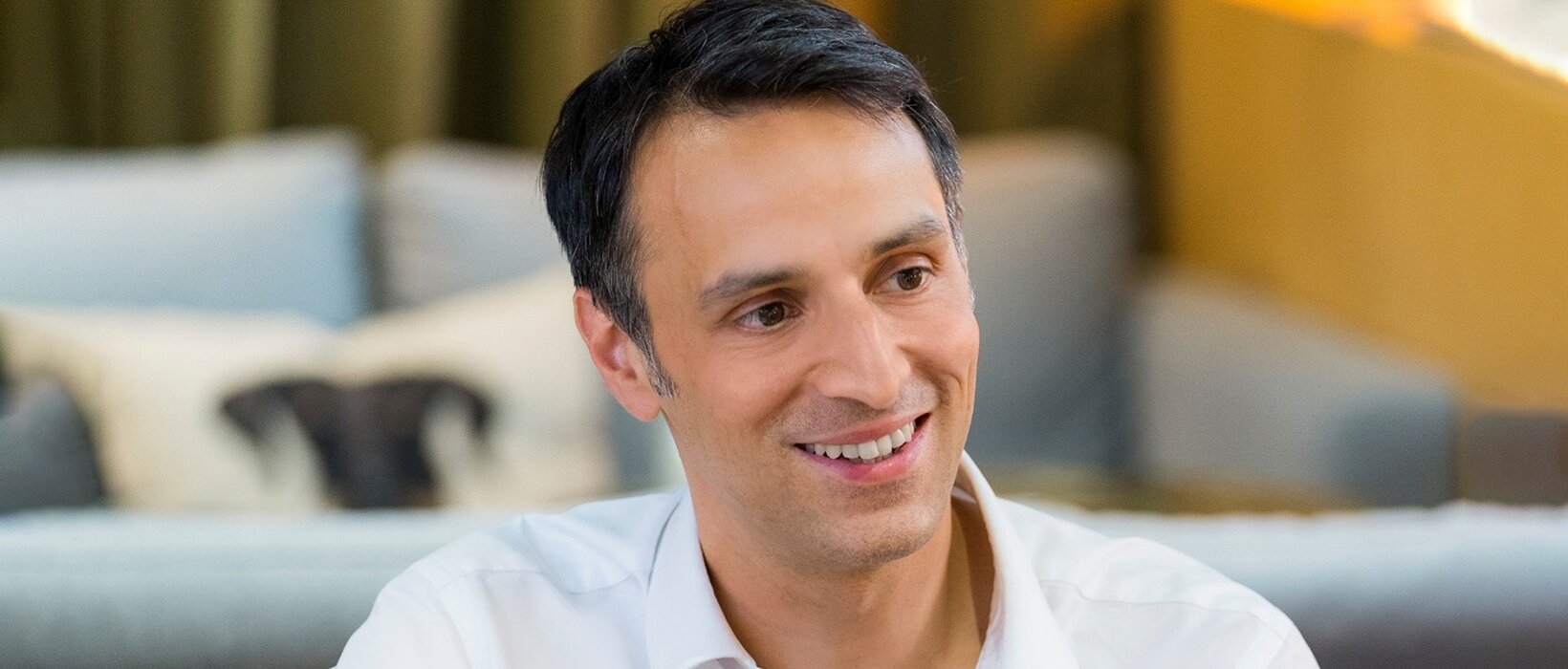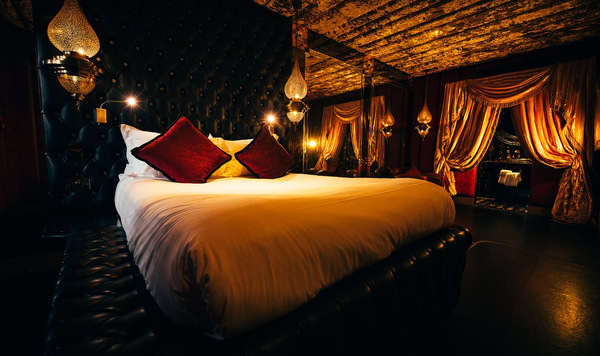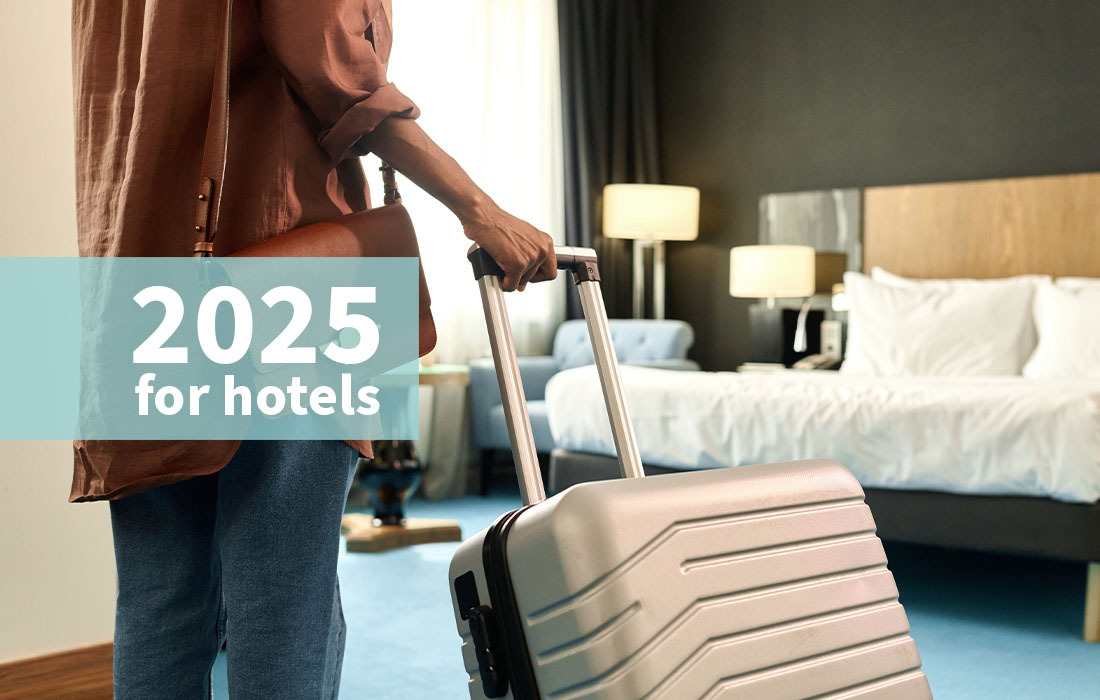Minute on the clock: Karim Malak, CEO of easyHotel
The chief executive of easyHotel talks about understanding the customer in the budget sector and plans for 100 hotels globally by 2025
We all know the domestic market had a bumper year in 2021, but how are things looking for 2022?
We’ve been doing great. From June last year our results have been better than not only the wider competition but better than our direct competitors locally. We’re performing very steadily and revenue per available room is 46% higher than 2019 over the past three months.
“We’re striving to have the lowest carbon emissions for occupied beds”
How do you think price increases and the cost of living crisis will impact the budget sector?
There are two aspects: we have a very simple, lean business model, where we offer essential services – a great mattress, great blackout blinds, great WiFi, good soundproofing. It’s a simple model and we have few employees and not many variable costs, so we’re affected less than others in terms of inflationary costs. The savings we make we pass on to customers and our aim is to be the cheapest hotel among the modern branded hotels in each location.
From a consumer perspective there’s what you call in micro-economics the substitution effect, so we’re seeing people being more discerning in the way they consume and look for hotels. They will spend less on their hotel and more on the other things a location has to offer, which is exactly what we try to do by offering the basics at a base camp for tourist and business people alike.
We try to attract three types of customers. One is sensitive to price, looking for a good deal and to optimise their budget, which makes a lot of sense in an inflationary environment. The second type is those who are a bit more discerning, who could spend more, but because of inflationary pressure they want to make sure they are spending on the right things – and why would they spend on a place where they’re only going to sleep for five or six hours? The third, which we’re seeing more and more, is those attracted to simple, frugal solutions as opposed to lots of design bells and whistles.
Even with a diminished reliance on employees, you must be concerned about the recruitment climate?
It is tough and we’re experiencing the same difficulties as the rest of the industry. We’re trying to be as attractive as we can be. We’re reviewing our proposition for employees, emphasising what’s great, such as informality, the international aspect, the fact that like many hotels people can start at the bottom and became a hotel general manager or a regional general manager, which you don’t get as much in other industries.
What are your plans regarding expansion?
There’s a lot of excitement around the budget sector and we’re seeing increasing levels of interest from investors and clients. The numbers are good and we’re looking at many opportunities.
The history of the company has been very UK-focused and, of the 43 hotels we have now, 21 are in the UK. Historically, there was an idea that we could only have one hotel per city, except for London, but we’re changing that. So we’re looking to consolidate our position in cities like Manchester, Sheffield, Leeds, Liverpool where we already have a hotel, as well as finding new hotels in other places such as Bath and Bristol.
It’s realistic to say we want to have 100 hotels [across Europe] by 2025. We should be at 65 in a year and a half to two years’ time.
What are your plans to drive forward sustainability?
We’re a low-cost solution, so we are low carbon. We’re striving to have the lowest carbon emissions for occupied beds. Because we have optimised rooms and fewer square metres, we have good credentials. We generally attract a demographic that uses public transport, so we tend to not have parking, and because of our model we prefer not to offer food and beverage or conference rooms, etc, so we’re not building big rooms that are unoccupied for most of the day – we’re optimising our occupancy.
We’re also looking to optimise our emissions and are working to create a low-carbon-specific label, measuring our emissions and renovating our estate to do so. We have been working on a new room that only uses recyclable material and wood and that is the model we will be implementing in our new hotel openings.

















